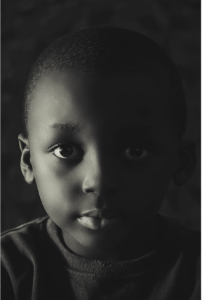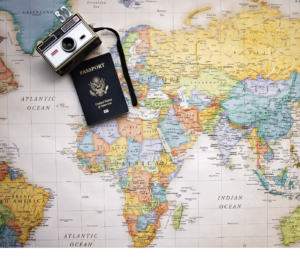Awareness begins through the stories of others.
I have a niece who lives in Jamaica and has Autism. Her mother has shared with me the struggle for resources and support in her country. Her daughter is now nine; in the last five years, she has noticed that awareness of Autism has become more apparent in the media and Jamaicans’ lives because of the increasing number of children with Autism diagnoses. She also shared with me that TV shows like The Good Doctor, which is a part of the TV programming over there, have done a great job of spotlighting Autism. The show does an excellent job of scratching the surface of the challenges one faces with Autism. However, in all cases of Autism, it is not like Dr. Shaun Murphy’s; his abilities portray him as a savant (intellectual ability). I gleaned a few lessons from just watching the show. Getting past the fantastic mind of Murphy and taking note of the support needed is essential to achieving the outcomes that allow one to live an everyday life. People with ASD possess abilities and interests like others. However, cultivating them can challenge many still learning to understand ASD. Lastly, children on the spectrum can benefit from a teacher, parent, or mentor who believes in their abilities.
allow one to live an everyday life. People with ASD possess abilities and interests like others. However, cultivating them can challenge many still learning to understand ASD. Lastly, children on the spectrum can benefit from a teacher, parent, or mentor who believes in their abilities.
The Label of being Autistic should not limit a person’s abilities.
Writer Temple Grandin is just one example of one living with ASD; her success is a testament to this. In her book The Autistic Brain, with the subtitle Helping Different Kinds of Minds Succeed. She challenges the reader to think past the individual’s label- focusing on the needs and potential; by doing this, we can create better outcomes. Grandin illustrates this in her book by recounting the story of her athletic flaw- unable to understand why she could not master the sport of skiing, a brain scan revealed that her cerebellum was 20 percent smaller than average. This is the part of the brain that helps control motor coordination. Would the reason behind the why be the Autism or the smaller cerebellum? Both explanations are the cause; however, the cerebellum answers how. In conclusion, as a parent, reading this made me think more about the differences between the labels of someone versus the limitations for reasons unseen. Across cultures and countries, there is the stigma

of shame and embarrassment regarding what one views as a disability. (Winchester, 2021) wrote, “I strongly believe that everyone on the spectrum should be considered to have a “differability” (a different ability) rather than a disability.” In an article, she gives an account of her growing up in Singapore. She mentions the belief in the value placed on people by their ability to work and make vast amounts of money. Meanwhile, her experience living in Fiji was quite different; the people in the village had an inclusive approach to people with special needs. From these two extremes, she observed that first-world countries are less accepting of children with special needs than third-world countries. One would think with increased knowledge of Autism awareness, technology, and resources, we could create better outcomes and be more accepting of people living with ASD. Could it be that first-worldians have low expectations of people with ASD? And if so, who is at fault?
References
Grandin, T., & Panek, R. (2014). The autistic brain. Rider Books.
Winchester, G. (2021, October 28). How Autism is Perceived in Different Cultures. Autism Parenting Magazine. https://www.autismparentingmagazine.com/autism-perceived-different-cultures/



